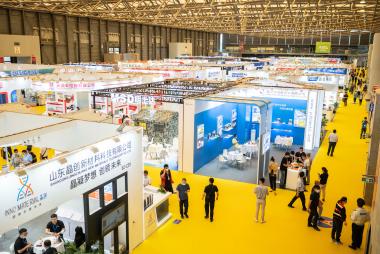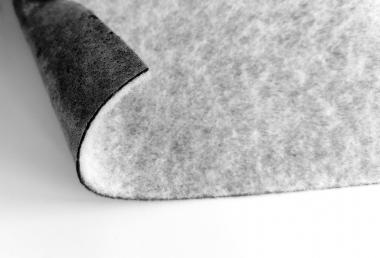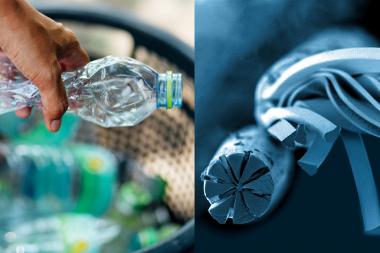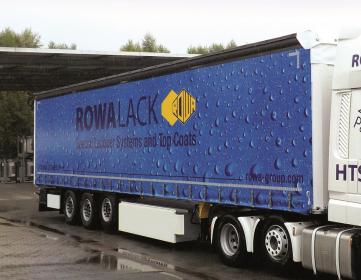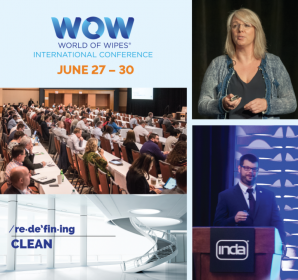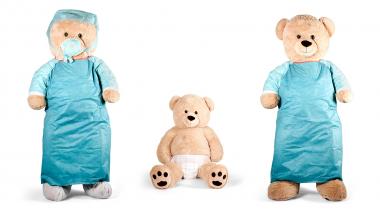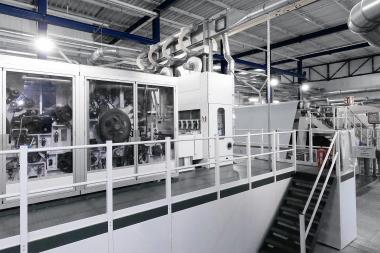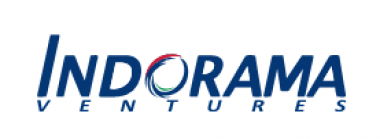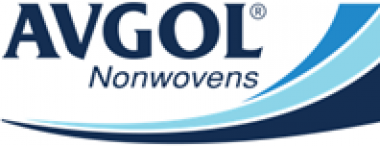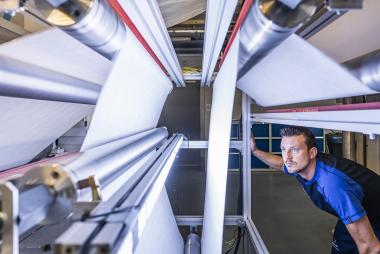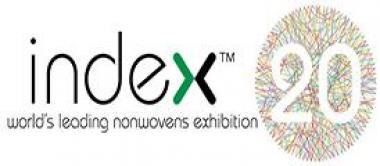Australia releases new National Flushability Standard based on criteria by INDA and EDANA
Standards Australia released on May 23 a new national standard that builds on the test methods and criteria of the INDA/EDANA Flushability Guidance Document, Fourth Edition (GD4). It also includes a new user-friendly labeling approach to indicate what products can be flushed down the toilet.
INDA and EDANA issued a copyright license for the testing method under a collaborative agreement with Water Services Association of Australia (WSAA). Australia and New Zealand manufacturers will now follow the same rigorous seven-test process established by INDA and EDANA, with minor modifications, to determine which wipes can be safely flushed in Australia and New Zealand.
WSAA worked with Standards Australia – the country’s leading independent, non-governmental, not-for-profit standards organization – to develop the new standard in response to increasing blockages experienced by water utilities and customers across Australia.
The standard specifies test methods and criteria for determining if products are suitable for disposal by flushing them down a toilet and also provides guidance on labeling and marking of these products. Toilet paper, liquids and soluble products are excluded.








